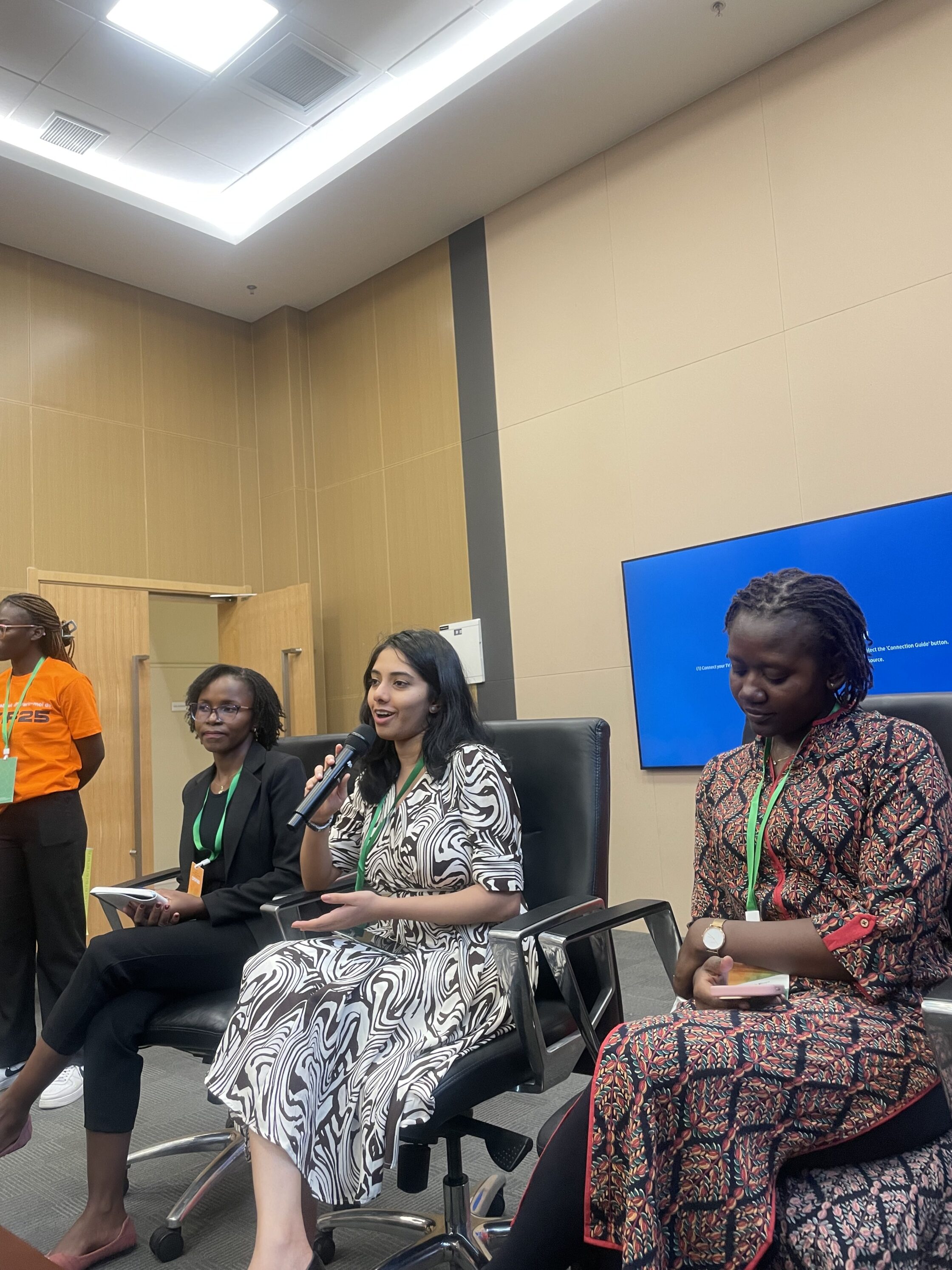This piece draws from a panel hosted by the African Internet Rights Alliance (AIRA) at the 2025 Digital Rights and Inclusion Forum (DRIF) in Lusaka, Zambia. We thank our speakers—Adeboro Odunlami, Josephine Kaaniru, Angela Minayo, and Sapni G.K.—for their sharp insights, which have informed much of the reflection below.
In electoral contexts across the Global South, trust in digital spaces is not simply in decline, it is being structurally eroded. Apart from factors such as disinformation or platform neglect, participation itself is being reorganised through opaque systems, erratic interventions, and inconsistent forms of accountability.
One area that requires sharper focus is the idea of digital kinship; a necessary condition for civic participation online. Where digital spaces lack relational trust, marginalised and underrepresented communities are the first to disengage or be excluded. As elections become increasingly digitised, the ability to form and maintain networks of trust, whether through peer exchange, verification communities, or grassroots information channels, becomes central to the legitimacy of electoral processes.
This challenges the prevailing notion that integrity in digital elections can be achieved through content moderation alone as there are several limitations of platform-led interventions—many of which are reactive, geographically uneven, and disconnected from local contexts. Where platforms do invest in content governance during elections, the resources often remain concentrated in a few countries or focus on surface-level moderation rather than systemic transparency.
Alternative approaches include peer-to-peer fact-checking ecosystems, collective content monitoring, and public-interest data stewardship rooted in local organisations. Such models require investment and coordination, but they also acknowledge that electoral integrity in the Global South cannot be delivered through infrastructure built elsewhere and operated without contextual grounding.
Another critical observation was the need to recognise online political expression as political participation. In contexts where civic space is shrinking offline, digital platforms have become primary sites of mobilisation, critique, and agenda-setting. Yet in many cases, this form of participation is not taken seriously by state institutions. If governments and electoral bodies continue to treat digital political engagement as peripheral or informal, they risk excluding a significant portion of democratic life from institutional recognition.
Finally, disinformation, AI-generated content, and network disruptions must be understood together. These are not separate problems to be addressed by isolated tools. They are symptoms of a broader failure to build accountable, participatory, and context-aware digital governance structures.
If trust is to be rebuilt, it will not come from moderation queues or post-election audits. It will come from long-term investment in regional coordination, community-led verification, and governance approaches that centre people—not just content—as the primary concern in digital elections.



